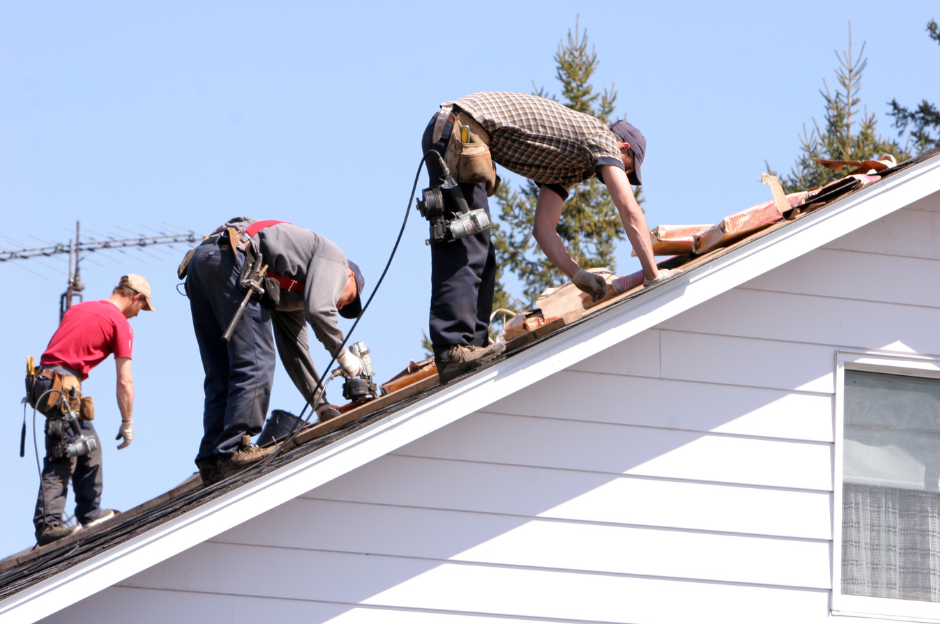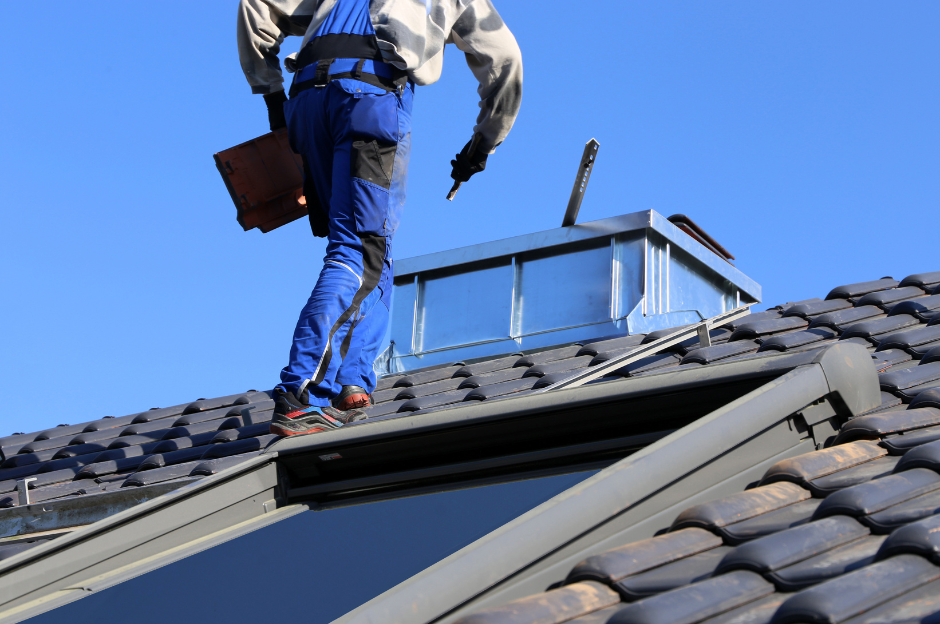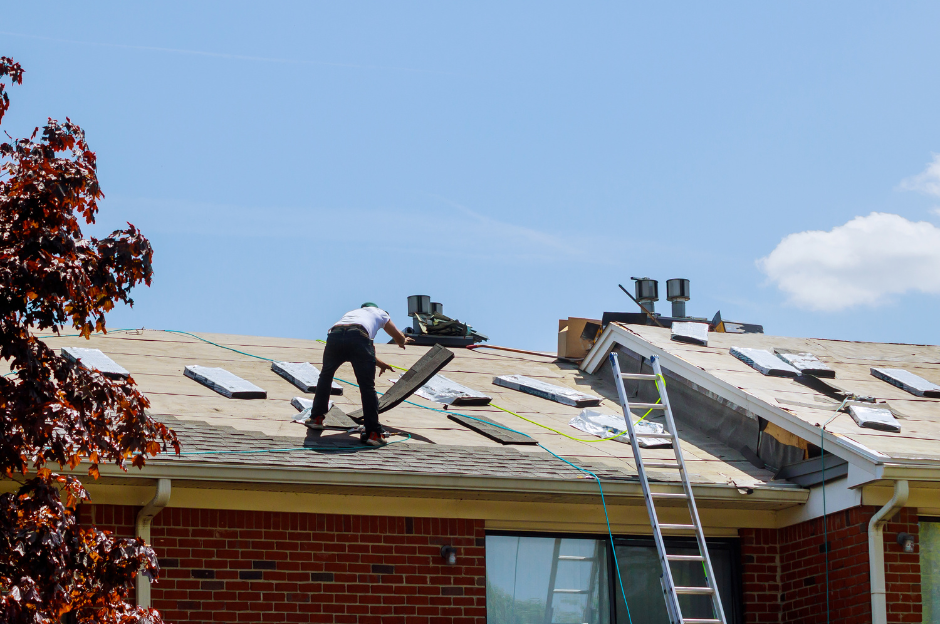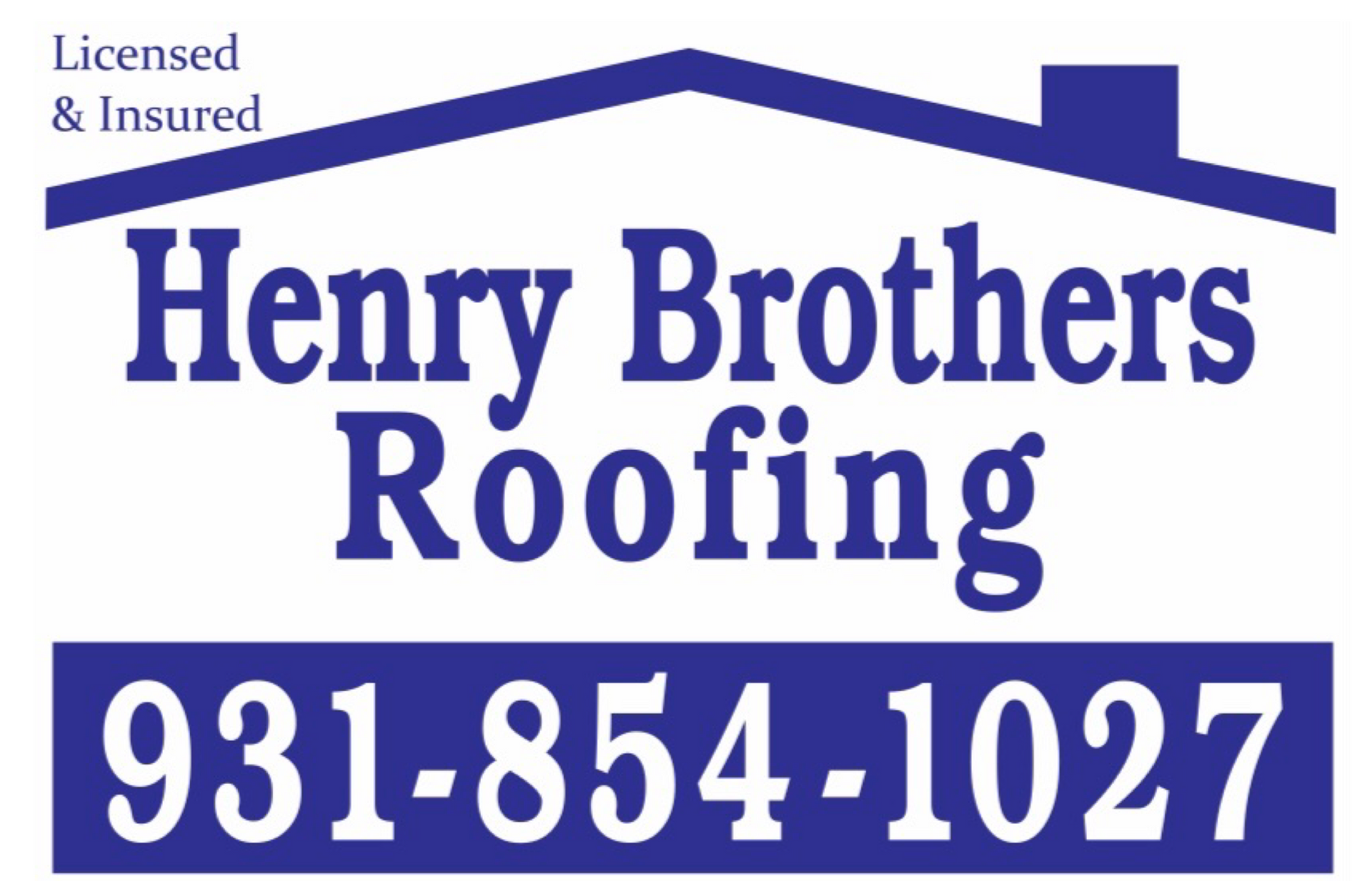Choosing the Right Roofing Contractor: Essential Questions to Ask Before Hiring
February 16, 2024

The roof of your home is one of its most critical components, providing protection, insulation, and structural integrity. When it comes to roofing repairs or replacements, hiring the right contractor is paramount to ensure quality workmanship, durability, and peace of mind. However, with so many roofing contractors available, selecting the best one for your project can be overwhelming. In this comprehensive guide, we'll outline essential questions to ask before hiring a roofing contractor, helping you make an informed decision and safeguarding your investment in your home's roof.
Are You Licensed and Insured?
The first and most crucial question to ask any roofing contractor is whether they are licensed and insured. A reputable contractor should hold the necessary licenses and certifications required by state or local authorities to perform roofing work. Additionally, they should carry adequate liability insurance and workers' compensation coverage to protect you, your property, and their workers in case of accidents or property damage.
What Experience Do You Have?
Inquire about the contractor's experience in the roofing industry, including the number of years they've been in business and their track record of successful projects. Ask for references or examples of past work similar to yours to assess their expertise and capabilities. A seasoned contractor with a proven track record is more likely to deliver quality results and handle any challenges that may arise during your roofing project.
Can You Provide a Written Estimate?
Request a detailed written estimate for your roofing project, outlining the scope of work, materials to be used, project timeline, and total cost. A written estimate helps prevent misunderstandings and ensures that both parties are clear on the terms and expectations of the project. Beware of contractors who provide vague or verbal estimates without documentation, as this may lead to disputes or unexpected costs down the line.
What Type of Roofing Materials Do You Use?
Ask the contractor about the types of roofing materials they use and whether they offer a variety of options to suit your preferences and budget. A reputable contractor should be knowledgeable about different roofing materials, including asphalt shingles, metal roofing, tile, or slate, and able to recommend the best option based on your needs and aesthetic preferences.
Do You Provide Warranty Coverage?
Inquire about the contractor's warranty policy for both labor and materials. A reputable roofing contractor should stand behind their workmanship and offer warranties to guarantee the quality and longevity of their installations. Be sure to review the terms and duration of the warranty coverage and understand what is included and excluded from the warranty.
How Will You Protect My Property?
Ask the contractor about their procedures for protecting your property during the roofing project, including measures to prevent damage to landscaping, siding, windows, and other structures. Inquire about cleanup procedures and debris removal once the project is complete to ensure that your property is left in a clean and orderly condition.
Will You Obtain Permits?
Verify whether the contractor will handle the necessary permits and regulatory approvals required for your roofing project. Depending on the scope of work and local building codes, permits may be required for roof repairs, replacements, or installations. A reputable contractor should take care of the permitting process on your behalf to ensure compliance with local regulations.
Can You Provide References?
Ask the contractor for references from past clients or recent projects. Contact these references to inquire about their experience working with the contractor, the quality of the workmanship, communication, and overall satisfaction with the project. Hearing directly from previous clients can provide valuable insights into the contractor's professionalism, reliability, and customer service.
How Do You Handle Unforeseen Issues or Changes?
Discuss with the contractor how they handle unforeseen issues, changes, or delays that may arise during the course of the project. A reputable contractor should communicate openly and proactively with you, keep you informed of any developments, and provide solutions or alternatives to address challenges and keep the project on track.
What Is Your Timeline for Completion?
Finally, ask the contractor about their estimated timeline for completing the roofing project. Understand the anticipated start date, duration of the project, and any factors that may affect the timeline, such as weather conditions or material availability. Clear communication and realistic expectations regarding the project timeline are essential for a successful roofing project.
Conclusion
Choosing the right roofing contractor is a crucial decision that can have a significant impact on the outcome of your roofing project and the long-term performance of your roof. By asking the right questions and thoroughly evaluating potential contractors, you can ensure that you hire a reputable, experienced professional who will deliver quality workmanship, excellent customer service, and peace of mind. Take the time to research and interview multiple contractors, review written estimates and warranties, and check references to make an informed decision and protect your investment in your home's roof.
Henry Brothers Blog

Multi-family buildings pose unique challenges for roofing—requiring durable, efficient, and cost-effective solutions that serve multiple households simultaneously. Selecting the right system and partner can significantly impact long-term maintenance and energy bills. Common Roofing Challenges in Multi-Family Properties Large surface areas Multiple penetrations (vents, HVAC units) Noise and disruption during installation High foot traffic for maintenance Energy efficiency Efficient Roofing Materials TPO (Thermoplastic Polyolefin): Lightweight, reflective, and energy-efficient. Ideal for flat or low-slope roofs. Modified Bitumen: Offers durability and weather resistance. Works well for larger structures. Metal Roofing: Long-lasting and low-maintenance. Higher upfront costs but excellent ROI. Asphalt Shingles: Budget-friendly and easy to repair. Better for pitched multi-family homes. Affordability Strategies Bulk Purchasing Discounts: Roofers often offer lower rates for large-scale projects. Energy Rebates and Tax Credits: Cool roofing materials may qualify for incentives. Roof Coatings: Extend lifespan and defer full replacements. Preventive Maintenance Plans: Regular inspections reduce major repair costs. Partnering with the Right Contractor Choose a roofing contractor experienced in multi-family dwellings. Look for: References from similar projects Warranty offerings Insurance and licensing Clear timelines and communication protocols

Your roof is one of the most defining features of your home’s architecture. A well-designed roof complements the style, era, and character of your house, enhancing both curb appeal and value. Whether you own a modern home, a Victorian masterpiece, or a Mediterranean villa, choosing the right roofing materials and design is essential. This article explores custom roofing solutions for different architectural styles, ensuring your roof is both aesthetic and functional. 1. Why Custom Roofing Matters A one-size-fits-all approach doesn’t work for roofing. Here's why customization is key: 🏡 Preserves Architectural Integrity The roof should match the home's era and design. A poorly chosen roof can clash with the architecture and reduce property value. 💰 Boosts Home Value & Curb Appeal A well-matched roof enhances visual appeal, making your home stand out. Homebuyers prefer houses with roofs that fit the overall design. 🌦 Enhances Durability & Efficiency Custom roofing accounts for climate, slope, and insulation. Choosing the right materials ensures longer roof life and energy efficiency. 2. Best Roofing Materials for Different Architectural Styles 🏗 Modern & Contemporary Homes Modern architecture focuses on clean lines, minimalism, and energy efficiency. Best Roofing Options: ✅ Flat Roofs – Achieve a sleek, contemporary look. ✅ Metal Roofing – Durable and complements modern aesthetics. ✅ Green Roofs – Eco-friendly and visually striking. ✅ Solar Panels – Integrate renewable energy solutions. 🏰 Victorian & Gothic Revival Homes These homes have steep-pitched roofs, turrets, and elaborate detailing. Best Roofing Options: ✅ Slate Tiles – Classic, long-lasting, and historically accurate. ✅ Wood Shingles – Adds charm and natural beauty. ✅ Decorative Metal Accents – Enhances ornate Victorian designs. 🏝 Mediterranean & Spanish-Style Homes Inspired by European coastal homes, these feature stucco walls and curved archways. Best Roofing Options: ✅ Clay or Terracotta Tiles – Traditional, weather-resistant, and elegant. ✅ Concrete Tiles – Durable and available in various textures and colors. ✅ Synthetic Spanish Tiles – Modern, lightweight alternatives with classic appeal. 🌲 Rustic & Cabin-Style Homes These homes emphasize natural materials and a cozy aesthetic. Best Roofing Options: ✅ Wood Shakes – Blends seamlessly with wooded surroundings. ✅ Metal Roofing (Rustic Finish) – Durable with a weathered, natural look. ✅ Green Roofs – Enhances sustainability and insulation. 🏡 Colonial & Traditional Homes These timeless homes focus on symmetry and classic proportions. Best Roofing Options: ✅ Asphalt Shingles – Affordable and available in classic shades. ✅ Slate Roofing – Elegant and historically accurate. ✅ Copper or Metal Accents – Enhances historic charm. 🏛 Mid-Century Modern Homes This style features low-sloped roofs, large windows, and open spaces. Best Roofing Options: ✅ Flat or Low-Slope Roofs – Clean, minimalistic aesthetic. ✅ Rubber or Membrane Roofing – Ideal for low-pitch roofs. ✅ Green or Living Roofs – Complements eco-conscious designs. 🏰 Tudor-Style Homes Tudor homes have steeply pitched gables and decorative half-timbering. Best Roofing Options: ✅ Wood or Synthetic Shake Shingles – Traditional and authentic. ✅ Slate Roofing – Enhances historic charm and durability. ✅ Architectural Asphalt Shingles – Mimics wood or slate at a lower cost. 3. Custom Roofing Features to Consider Beyond materials, adding customized elements can elevate your roof’s design. 🔹 Roof Color & Texture Dark roofs enhance historic and formal homes. Light-colored roofs reflect heat, ideal for warm climates. Textured materials (slate, shakes) add visual depth. 🏠 Roof Shape & Pitch Steep roofs fit Gothic and Victorian styles. Flat or low-sloped roofs match modern homes. Custom pitches enhance energy efficiency and durability. 🔆 Skylights & Roof Windows Adds natural light and enhances ventilation. Works well in modern, contemporary, and rustic homes. 🌞 Solar Roofing & Smart Technology Solar shingles blend seamlessly into modern & eco-friendly homes. Smart roofing systems adjust ventilation & insulation automatically. 4. Custom Roofing: How to Get Started 1️⃣ Consult a Roofing Expert Work with an architect or contractor specializing in custom roofs. Ensure they understand historical accuracy and climate considerations. 2️⃣ Choose High-Quality Materials Invest in durability, energy efficiency, and aesthetics. Select roofing that aligns with your home’s style and longevity needs. 3️⃣ Consider Long-Term Costs & ROI Some materials have higher upfront costs but last longer and increase home value. Energy-efficient options can reduce heating and cooling expenses. 4️⃣ Verify Local Building Codes Some roofing styles require special permits. Ensure compliance with HOA guidelines and historical district regulations.


